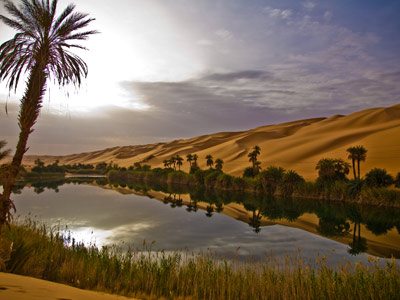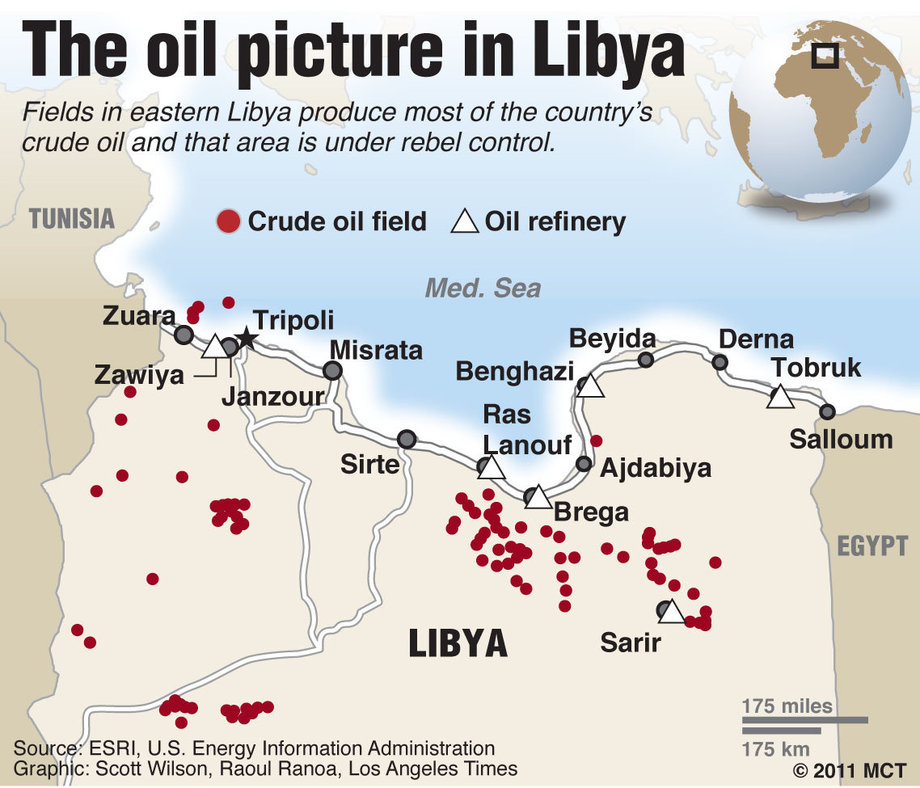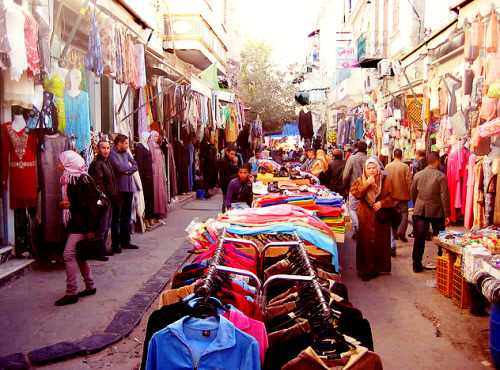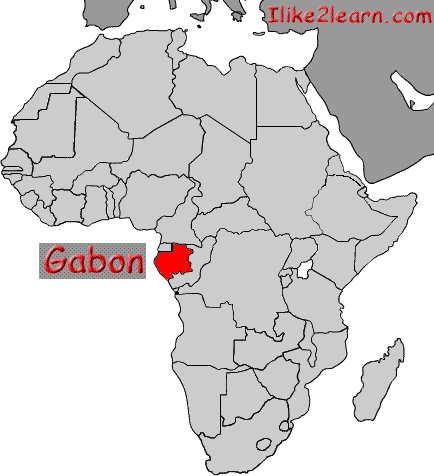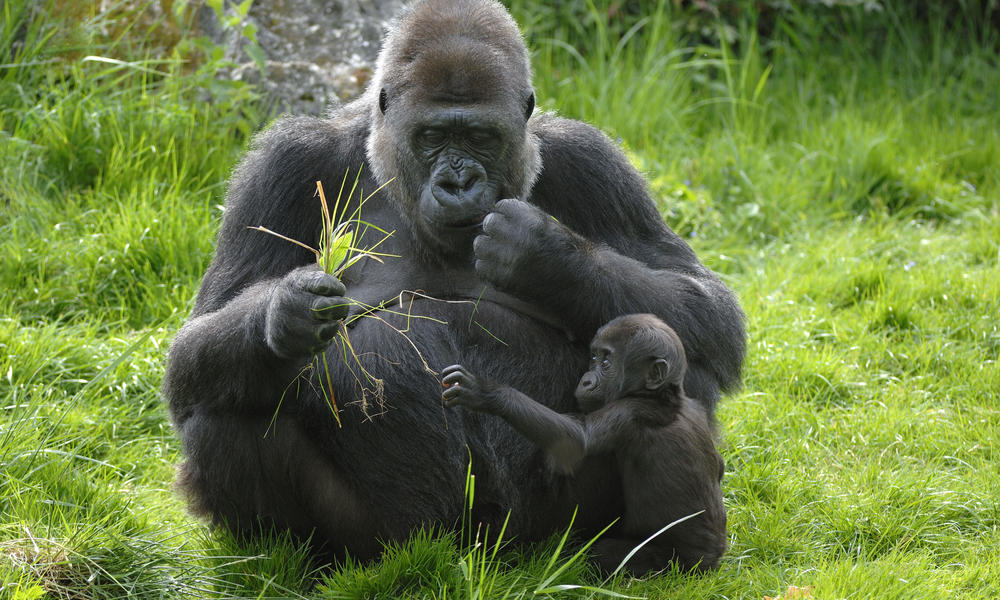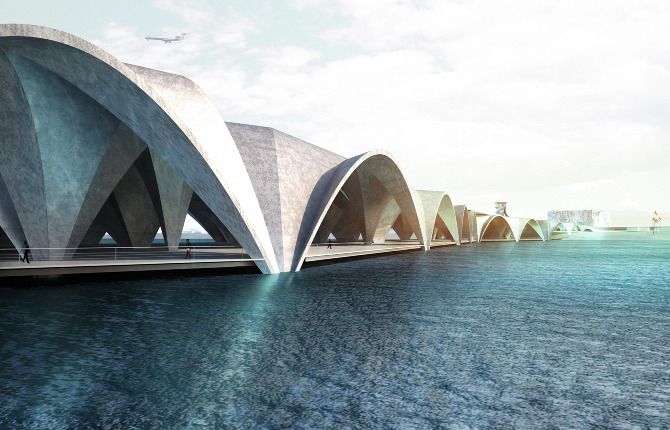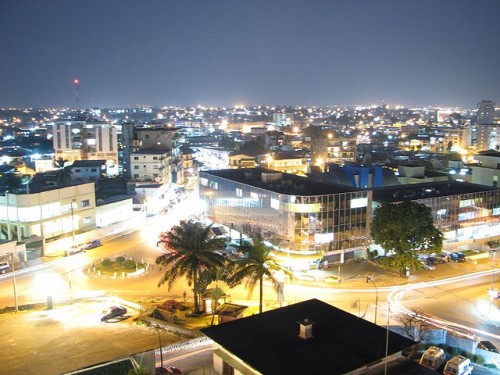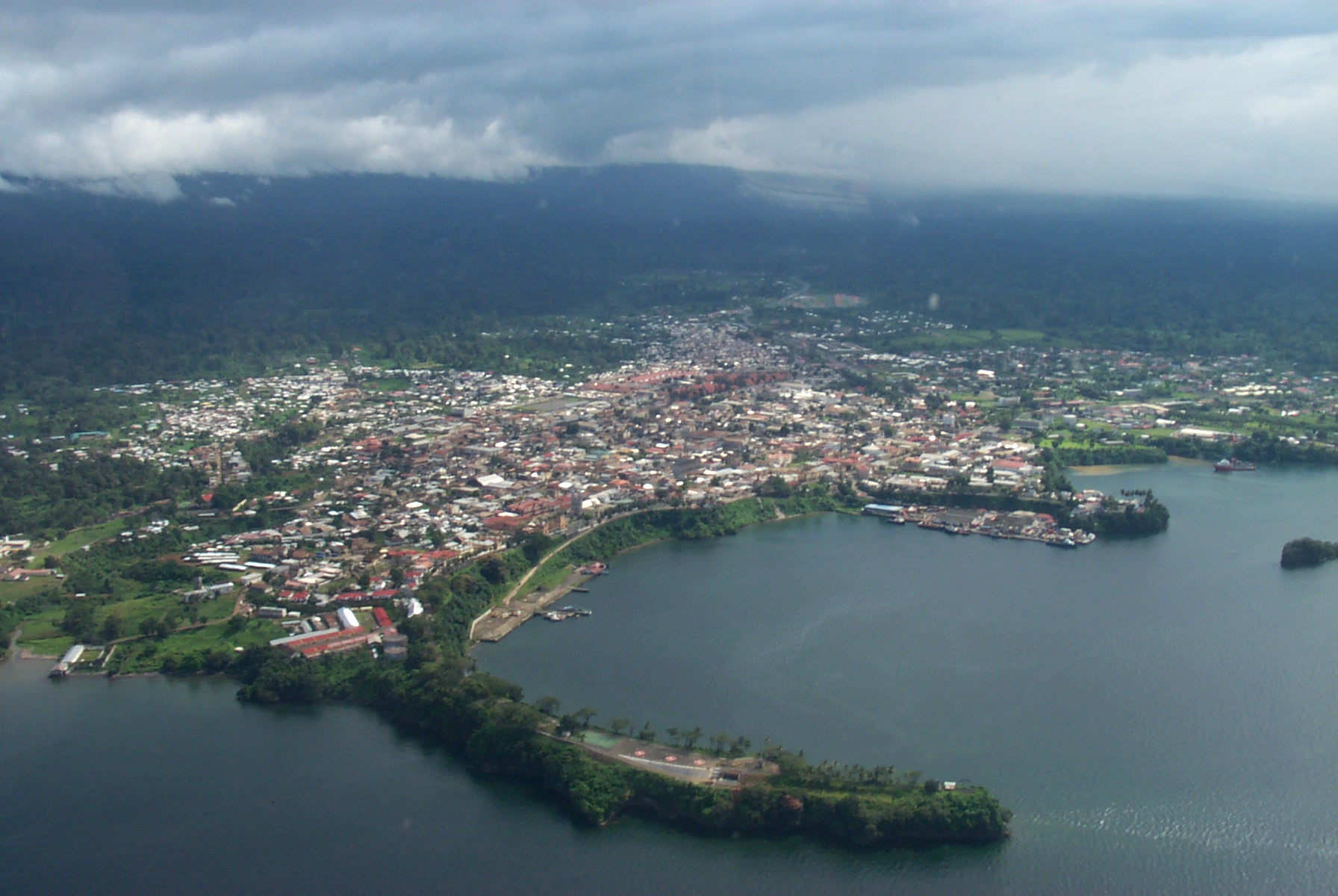On New Year’s Eve,
I finally showed my kids the movie Back
to the Future. And as we were watching it, I realized it was Libyans who
were supposedly the ones firing on Doc Brown at the scene at the mall where he
was showing the capabilities of the car/time machine to Marty. Of course, it
would be Libyans. Why not? This movie was set in 1985, and I suddenly realized
that up until a few years ago, Libya I knew was actually Muammar Gaddafi’s
Libya. In fact, my mom was barely out of high school and my dad was a senior
when he took over. Practically all of our general views on the country are that
of oppression. Looking back to five years ago, I don’t think I realized what an
impactful event it was when he was killed.
The Italians
renamed this land Libya in 1934, reviving the old Greek name for the area. The
ancient Greeks actually used the term Libya to refer to all of Northwest Africa
(minus Egypt). Before Italy usurped the land, it actually consisted of three
territories.
Libya is a country
in North Africa, surrounded by Egypt to the east, Sudan to the southeast, Chad
and Niger to the south, Algeria to the west, and Tunisia to the northwest. It
also has the longest coastline on the Mediterranean Sea of all the North
African countries. It is directly across the Mediterranean from Italy, Greece,
and Malta. Most of the major cities in Libya are located along the coast, mostly
because the Libyan Desert covers the rest of the country. There are some places
that haven’t seen rainfall for 5-10 years, even though one location hasn’t had
a recorded rainfall since 1998. Some record high temperatures have also been
recorded in the desert, but the areas along the coast tend to be milder.
The Berbers were
the first peoples to live in this area before the Greeks spread their kingdom
across North Africa and into where Libya is now. They founded the city of
Cyrene, a major city at the time, lending its name to the region called
Cyrenaica. It was later handed over to the Romans and converted to a Christian
state. As the Roman Empire fell to ruin, it was swept in as part of the
Byzantine Empire before the Muslims took it as theirs. For the next several
centuries, Libya was ruled by several different Caliphates from the Middle
East, and of course the Ottoman Empire moved in during the early 1500s. They
took control of Tripolitania (the region that includes Tripoli), and they
eventually took over Cyrenaica as well. War broke out between the United States
and Tripolitania in a series of wars known as the First and Second Barbary
Wars. (This is referenced in the “Marine’s Hymn” of the US Marine Corps: “From
the Halls of Montezuma/To the shores of Tripoli…”) This was the first land
battle the US fought on foreign soil. As the Italians and the Turkish fought in
1911, the Italians took these Libyan regions and turned them into their own
colonies. In 1934, they finally decided both regions (Italian Tripolitania and
Italian Cyrenaica) along with a region south of Tripolitania called Fezzan were
to be renamed as Libya, based on the original Greek term. The Italians didn’t
treat the Bedouins well at all, to say the least: some estimates say that
nearly half of the Bedouin population were killed, many through disease and starving
in camps. Libya finally declared its independence in 1951 and was headed by
King Idris I. However, in 1969, Muammar Gaddafi led a band of militants in a
coup and took over the office. His position was more or less a non-official,
symbolic position. He published his famous book, The Greek Book, in 1975, essentially outlining his political
philosophy and guidelines. Libya was involved in several conflicts during the
1970s, but they also discovered oil during that time as well. This created a
stronger economy, which led to a higher quality of life for many Libyans. A
full-scale revolt in 2011 would leave the country combing through the wreckage
of its civil war. Violence spread to several cities and lasted for many months
until the final days when rebels captured and killed Muammar Gaddafi. A year
later, Islamist militants launched an attack on the US Embassy in Benghazi (the
Republican’s favorite word), killing four including the US Ambassador to Libya.
They continue to struggle with the presence of ISIL taking up arms in Libya. Today,
the UN Security Council and UN Human Rights Council are working together to
create some stability for the country.
Tripoli is the
largest city in Libya, and it serves as its capital. Located on the
Mediterranean Sea, the Port of Tripoli is one of the country’s major ports. The
city was actually founded by the Phoenicians, who sometimes called it Tripoli
of the West so as not to confuse it with the Tripoli of their homeland,
Lebanon. Tripoli acts as center for banking and finance as well as its media
and communications hub. Many businesses and corporations are located here, and
the city is also home to many colleges and universities. With a modern
infrastructure, people in Tripoli enjoy sports, the arts, shopping,
restaurants, and a variety of other sights. Throughout the city, people can see
evidence of the Ottoman influence as well as Italian architectural styles;
modern buildings standing next to ancient ones.
The vast majority
of Libya’s economy depends on its oil reserves and its exports. Libya’s economy
is ranked as one of the highest in Africa. Although they have a stronger
economy, they also deal with weak political stability and unemployment. Libya
has experienced a surge in immigrant workers in the past decade, even though
the numbers have decreased during the war. Even before the Civil War,
infrastructure was lacking due to negligence, but it is now slowly being
rebuilt.
Islam is the
dominant religion in Libya with the majority belonging to Sunni Islam. There
are smaller numbers of other Muslim denominations that are found there as well.
After the fall of Gaddafi’s regime, the super conservative sects of Islam
infiltrated the holes left in the instable government. There are also small
numbers of Christian denominations found in Libya, the largest being the Coptic
Orthodox Church. Libya was also home to large numbers of Jews, until the
Italians came over. Many of the Jews died in concentration camps the Italians
set up. By the time Libya gained its independence, most had emigrated by that
point.
Arabic is listed as
the official language; Libyan Arabic and Modern Standard Arabic are the two of
the most spoken varieties in Libya. There are many Berber languages still
spoken in Libya as well: Suknah, Ghadamis, Nafusi, Awjilah, and Tamasheq.
English and Italian are understood and used in the larger cities, especially in
commerce.
And as I was doing
my research on Libya, I read through some information more than once that made
me stop and think: yes, life under Gaddafi may not have been the best on many
grounds, but socio-economically, there was a lot of good decisions made
regarding the money made from oil. Citizens could get loans at zero interest.
The country practically has no foreign debt. Students got an allowance from the
government to study anywhere in the world. They were also paid for the
profession they were going into as they were studying it. Married couples get a
free apartment or house when they start out, and cars are sold at the factory
cost. The list goes on. I read about similar measures Kuwait took with its oil
money being put back to its people. So, I think there’s a lot of learn here. At
least a lot to learn that’s not quite mentioned in the mainstream media.
Up next: art and
lit
